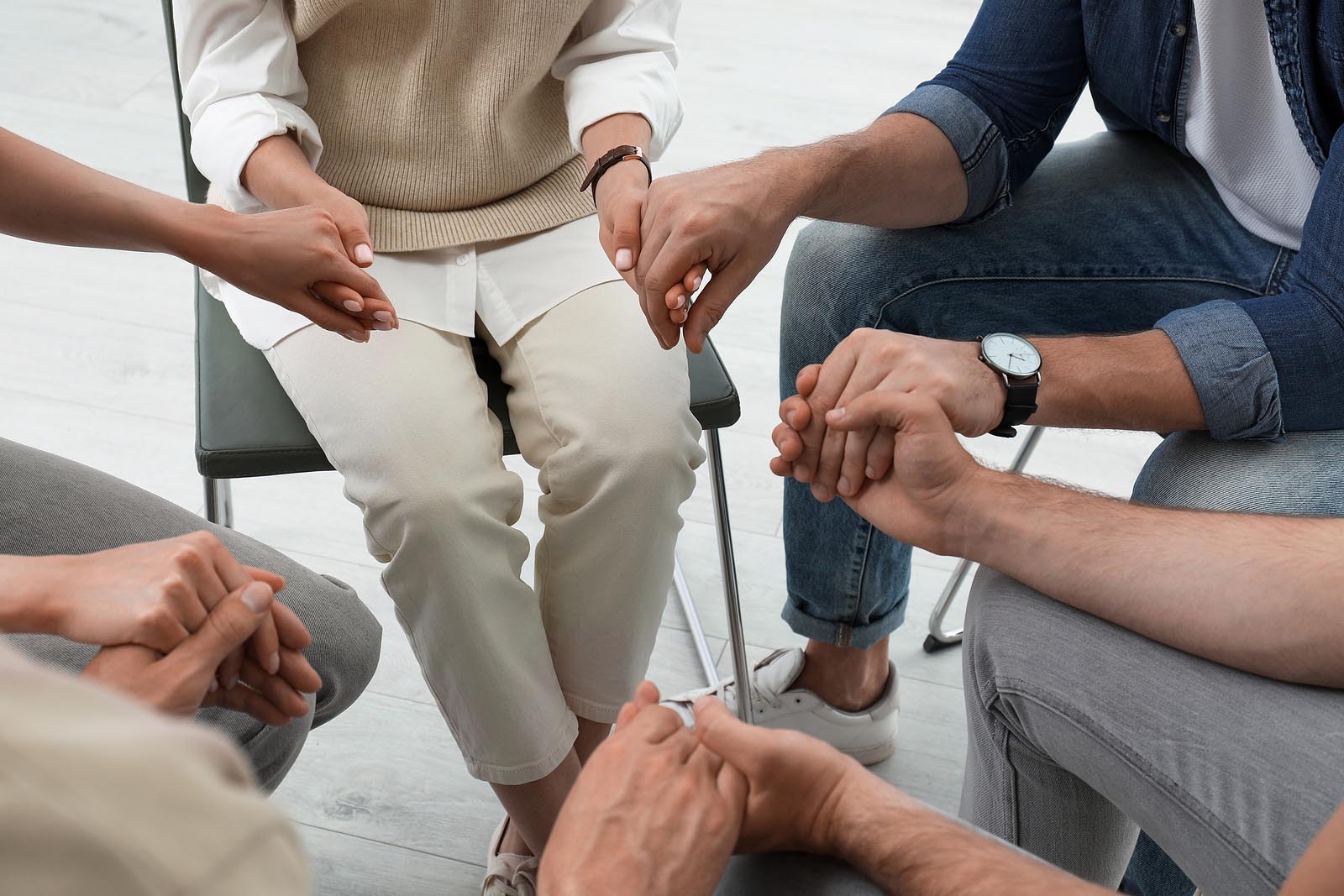Getting The Drug Rehabilitation To Work
Getting The Drug Rehabilitation To Work
Blog Article
The Ultimate Guide To Drug Rehabilitation
Table of ContentsHow Drug Rehabilitation can Save You Time, Stress, and Money.6 Simple Techniques For Drug RehabilitationSome Known Facts About Drug Rehabilitation.Not known Details About Drug Rehabilitation The smart Trick of Drug Rehabilitation That Nobody is Talking About
This entails attending to the entire person to make sure that all of the underlying causes and effects of the dependency are effectively taken care of and fixed. This gives individuals the devices they need for a full go back to a happy, healthy, substance-free life. Medication dependency "therapy" is a little bit of a deceptive term it suggests that people with dependencies are "all much better" after they have received some type of therapy.Even individuals with years of effective recuperation have to continue to be conscious of their possibility for regression, and they must utilize the tools they discovered in treatment to prevent it. Words "recovery" additionally suggests that somebody is being dealt with after misbehaving, which follows society's preconception concerning addiction. Drug Rehabilitation. Part of the healing process is for people with dependencies, and their families, to find out that addiction refers biology and not principles
Transitioning from physical and psychological dependency to a healthy and balanced and pleased means of living is a huge adjustment. It is crucial that the steps to drug rehab be correctly resolved during the medicine rehab process. There are four stages of addiction recuperation: Dependency assessment is an especially essential component of the rehab procedure.
This is component of the underlying psychology of dependency, and it strengthened by fears of apprehension for possession and judgment from friends and family. The evaluation process needs gaining count on and breaking through that secretive nature. The private requirements to recognize which substances were used and the degree of their compound use.
Some Ideas on Drug Rehabilitation You Need To Know

For several people with dependencies, fear of withdrawal is a significant barrier to leaving their addiction, and that fear maintains them from even trying. Withdrawal and medication detox do not have to be a dreadful experience.
This is where the underlying sources of dependency are dealt with. For many people with substance dependency, their substance use is no much longer about obtaining high. Instead, it ended up being a repetitive, everyday process of staying clear of withdrawal signs and symptoms and getting away from their reality. Medication rehabilitation is the process where the deep problems around the dependency are recognized and dealt with.
The Definitive Guide to Drug Rehabilitation
Rather, it can be said that rehab is the process of discovery, while what happens afterward is healing. The addicted mind commonly starts to believe especially after an amount of time in abstinence that it is OK to attempt alcohol consumption or making use of substances once more. Nonetheless, this rarely functions, and the large bulk of people who try alcohol consumption or making use of medicines once more will quickly end up where they were before.

Sober living residences are a particularly effective approach to aftercare when an individual is released from rehab. People and their family members need to go over these options with their counselors while still in rehabilitation. There are various kinds of therapy for addiction, based upon the level of treatment given. When picking the degree of therapy, the selection ought to be based on what will supply the individual the most effective possibility of success in recovery out what the private wishes to do.
This is a bad mix, as it pushes why not find out more many individuals to believe that they can stop using drugs or drinking by themselves. Because of this, they might be unwilling to see and confess that they require a higher level of treatment, such as inpatient rehabilitation. Cleansing from a substance is not the like treatment for compound dependency.
The Buzz on Drug Rehabilitation
Throughout the procedure of medicine detoxification, people's minds are jumbled and they feel literally and emotionally ill. They are not responsive to any sort of therapy or treatment till their minds clear and they are feeling much better. Despite the fact that clinical detoxification makes the process a lot easier, it is best to very first concentrate on surviving the whole detox process prior to taking additional actions.
Like inpatient treatment, domestic therapy uses the therapeutic result of eliminating individuals from their inefficient way of life and environment and positioning them in safe, healthy surroundings. This allows them to reorient their lives web link and thought procedures while concentrating on distraction-free recuperation. Residential rehab differs from inpatient rehab (Drug Rehabilitation) in that it is carried out in a facility beyond the health center system and typically involves a much longer remain.
People get healing services on-site throughout the day, however go home or to a sober living center at evening. The strength of the daytime treatment will certainly depend on individual needs and the programs available at the outpatient facility. Most people with serious dependency will likely have far better end results in inpatient treatment and rehab.
Drug Rehabilitation Fundamentals Explained
Long-term residential therapy programs usually use a healing strategy referred to as the therapeutic area (TC). This is a technique to re-socializing people whose addiction has seriously influenced their capability to match society. These consist of individuals with major criminal actions, people that are homeless, teenagers and individuals with significant mental health problems.
Report this page